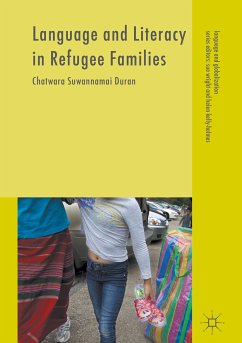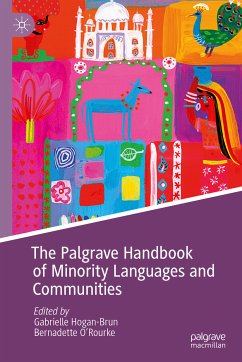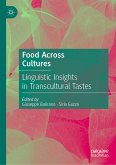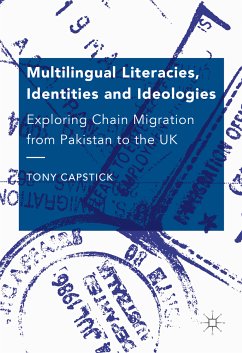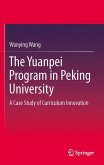This book examines the agreements and discrepancies between public understanding and assumptions about refugees, and the actual beliefs and practices among the refugees themselves in a time of increasing mobility fuelled by what many call 'refugee crisis'. With a focus on language and literacy practices among recently-arrived Karenni refugee families in the United States, this book explores the multilingual repertoires and accumulated literacies acquired through the course of the refugees' multiple movements. Through the lens of transnationalism, the author emphasizes that despite their numerous struggles, the refugees daily and diligently use and strategize their old, emerging, and evolving linguistic and literacy resources to make the best of their resettlement. This book will shed light on the language and literacy practices among transnational and diasporic communities, minoritized or marginalized groups for researchers in these fields as well as practitioners and resettlement agencies working with refugee populations.
Dieser Download kann aus rechtlichen Gründen nur mit Rechnungsadresse in A, B, BG, CY, CZ, D, DK, EW, E, FIN, F, GR, HR, H, IRL, I, LT, L, LR, M, NL, PL, P, R, S, SLO, SK ausgeliefert werden.

